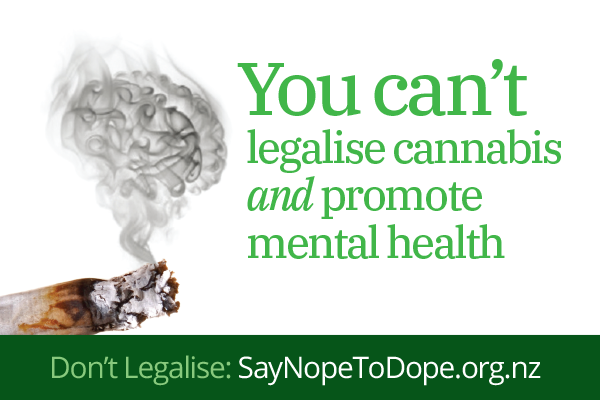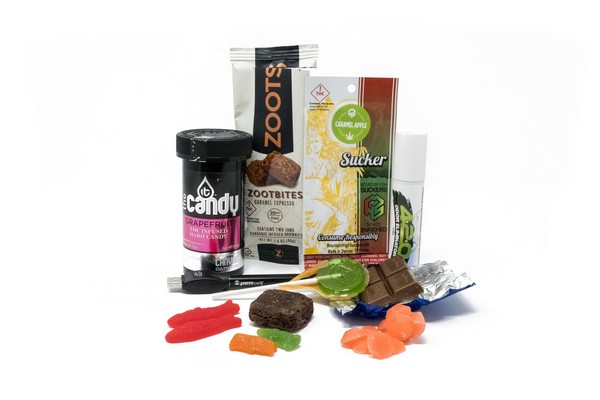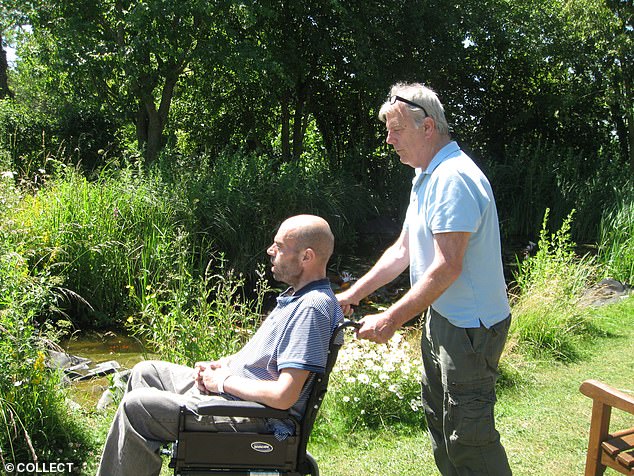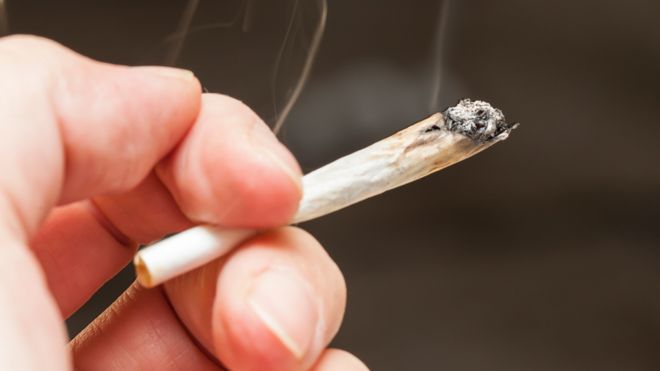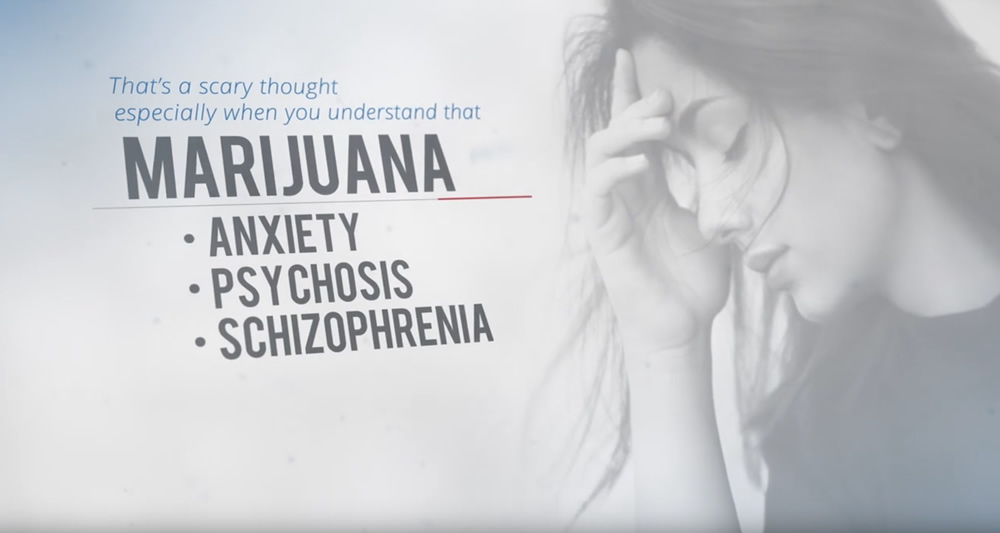
NZ Herald 16 March 2019
TVNZ’s Sunday programme last year aired a story about two of the as-yet non-existent medical cannabis industry’s leading players. Ruatoria-based Hikurangi Cannabis was represented primarily by one of its growers, a guy with a missing tooth, in hi-vis vest and gumboots, who had been in and out of prison for years and who had self-proclaimed high proficiency in cultivating the stickiest of sticky buds.
Auckland-based Helius was represented mostly by its executive director and public face, the telegenic, lightly bearded, ruffle-haired Paul Manning, who had just left a $500,000 a year job running a big-city advertising agency.
The Hikurangi grower danced in a field of cannabis plants, waving up at the drone filming him and smiling happily because Hikurangi – which will operate as a collective, with growers as part of a co-op – is giving him a chance to make a living from his skills.
Manning walked around an empty warehouse, where his company planned to grow its high-tech weed using a high-tech process that will make traditional growers largely redundant. The place was so enormous TVNZ flew a drone around in there, too.
One way of looking at this episode is as a battle for the soul of big marijuana: the social do gooders vs the rich pricks. Another way of looking at it is not like that at all.
Recently, I met Manning in a different building. He didn’t mention what had happened to the one they showed on TV but the new one is similarly massive and very flashy, situated behind a highly secure perimeter at the end of a cobbled street in East Tamaki. Pharmaceutical giant GMP has leased it to Helius for 20 years at a cost of $1.3 million a year. Manning says it comes with radar on the roof to prevent would-be weed burglars bursting through the awesome skylight above reception.
He co-founded Helius with two friends: Gavin Pook, who used to run Red Bull New Zealand, and J.P. Schmidt, who made his money in private equity and property. All are in their late 30s or early 40s. Their main investor is Guy Haddleton, who gave them $15m, a fairly trivial amount compared to the $380 million he’s worth according to the 2018 NBR rich list.
Their plan is to fill this warehouse with dozens of self-contained, computer-operated, automated, regulated grow rooms, full of hopefully danky and potentially stanky buds, produced in accordance with internationally recognised good manufacturing practice (GMP) guidelines. The fit-out alone, Manning says, will cost around $10 million and the grow room will be filled with an estimated 100,000 plants at any one time.
This will be laboratory cannabis, in which variables like nutrient load will be able to be adjusted remotely, grown under lights the spectrum of which can be altered, in rooms that are atmospherically controlled.
On the day I visited, the 5500sq m warehouse contained just one such room, as yet devoid of cannabis. The only other things in the warehouse were pallets and pallets of booze, including dozens of boxes of Baileys Irish Cream, the remnants of their sub-let to neighbours Lion, which has helped Helius pay its enormous rent while it hasn’t been making any money.
One way of looking at this is as metaphor: the handing over of the baton from one mind-altering, pleasure-delivery drug manufacturer giving way to another. Another way of looking at it is not like that at all.
“Weed”, “wacky backy”, “maryjane”, “dak”, “bud”, “grass”, “herb”, “skunk”, “nugs”, “dat chronic”, “that sweet, sweet stanky danky”, “having a sesh”, “hitting that blunt”, “rolling a doob”: None of these terms I found on the internet were used by any of the interviewees in this story, which was disappointing because they’re great for search engine optimisation.
Given half the chance, all the interviewees would almost certainly use Microsoft Word’s “track changes” tool to strike out the previous paragraph in the brightest available shade of red. Several would probably use the “Add comments” tool to write “Delete.”
It’s hard to tell who, if any, of the major players has smoked a lot of marijuana. The closest any of them got to a discussion of recreational use was Mark Dye, former talkback and reality TVshow host, who now runs Nubu Pharmaceuticals, who said: “I’ve been to Amsterdam a few times,” which, in its vague non-avoidance, seemed telling.
With the prospect of a binding referendum on recreational cannabis at the 2020 election, lovers of good ganja stand at the dawn of a golden age, which is also a twilight zone because all the people trying to facilitate it are talking not about getting the nation baked, but about research studies, double blind randomised trials, logistics, delivery mechanisms and, more specifically, the reduction of suffering.
The new wave of New Zealand marijuana will come from pristine manufacturing facilities in suburbs like East Tamaki, rather than the back bedrooms of tinny houses in suburbs like Meadowbank, and it will be for making people feel better, not weirder.
None of the main players are much interested in talking recreational cannabis because the legal and moral climate is just too tricky to go messing with that right now. Ideally, they would like to take the entire topic and put it through a supercritical CO2 extractor, leaving only a fact-rich paste, which would no doubt be useful for informational purposes, but not much fun to talk about.
Legislation was passed in December last year allowing the growing of cannabis in New Zealand for research purposes. By the end of this year, there should be regulations in place around how and where it can be sold. Then the rush will be on to sell it.
Tens of millions of dollars has already been poured into the industry, which is astonishing because most new businesses fail even when they start in fully legal, already-established industries. Nobody really knows what the failure rate might be for businesses starting up in an industry that doesn’t yet exist, is only quasi-legal, has none of its own products to sell, no idea of the rules under which they might be able to sell them and a year or so left before it will even know what they are.
A possible reason for the interest: more than one company mentioned the figure $1 billion in relation to the New Zealand medicinal cannabis market.
Hikurangi Cannabis founders Manu Caddie and Panapa Ehau launched their company following a 2016 meeting with three other East Coast locals: a sickness beneficiary, an unemployed grandmother and a local farmer. Their meeting was not about how to launch a medical cannabis business but how to save their community.
Hikurangi began in Ruatoria in January 2016. Ehau and Caddie, who had recently moved back to the town of 750, didn’t have any experience starting businesses, nor did they particularly want to be in charge of the one they were starting.
They expected to step away from it and be replaced by more experienced businesspeople after their incredible first crowdfunding effort, which raised $2.4m in six minutes and which crashed their crowdfunding platform twice and, in its success, provoked at least one other company to think entering the industry might be a good idea.
They settled on cannabis as a business partly because so many people in the region were already making their living from it. Their plan for the next 18 months is to build a cannabis processing facility in Ruatoria and a manufacturing facility in Gisborne, which they anticipate will create around 60 new jobs.
Caddie told the Herald’s Michael Nielson in January: “Internationally we are seeing investment bankers and people already with a lot of money getting into the industry early on and dominating it, so we are keen to offer an alternative for consumers and producers.”
He told me that social enterprise is at the heart of who Hikurangi is, but also said: “We’ve got five PhDs working for us now, I think it is, and $10 million in the bank and some world class science and technology, and some great branding and marketing people coming on board that have been leaders in Australasia.”
Helius’ Manning told me about a documentary he featured in last year called In Pot Pursuit, alongside Sam and Brenda Bartels, who were struggling to get access to medicinal cannabis products for their 4-year-old daughter Anya, who had a rare terminal disease causing seizures, among many other conditions requiring a cupboard-load of medications. Just before the documentary went to air, Anya died.
“That was a moment,” Manning says, “Not the only one, but f*** it actually still messes with me now. Shit, it kicks you in the guts. And you start to understand the responsibility beyond just making a company trying to flog some products.”
He went on “I’ve got a list as long as my arm of patients we’ve worked with and spent time with and the more you do it the more you look back and you go, ‘F***, I spent all this career in advertising making ads to get people to buy KFC and cars and shop at Briscoes and whatever.’ By comparison, it’s not as meaningful.”
Partly because they they were among the first to be granted licences to grow medical cannabis in New Zealand and partly because of the people behind them, Helius and Hikurangi have so far dominated the medical cannabis headlines, but they’re not the only serious players.
I recently visited the laboratory of Hamilton-based Cannasouth, another early licensee. Across the interviews I conducted with five of the leading companies in the sector, the word “science” was used 34 times. Nineteen of those uses, 55 per cent, came during the interview with Cannasouth’s founders.
In their lab, which you can enter only after putting on a white coat, hairnet and safety glasses and after receiving a serious and extensive safety briefing, a scientist was doing something with some machinery. I asked company co-founder Mark Lucas what it was.
He said: “This is a very baby, what you might call super-critical CO2 extraction, so you put some dried cannabis material into these chambers here and then you basically pump CO2 through it…” He went on for a lot longer – but you get the gist.
Co-founder Nic Foreman said: “We’re really focusing in on the high-end science of extraction, fractionation and purification of cannabidiol, terpenoids and terpenes and flavonoids.”
I didn’t want to tell him what an extraordinarily low chance there was of a quote like that making a story like this.
Lucas said: “When you actually start to look at the science behind it, you’ll be quite blown away. The comment I always make is, ‘It’s a lot more complex than you think.’ It’s not just people sitting around smoking a joint to feel better.”
Although the Ministry of Health hasn’t confirmed how many applications they’ve received to cultivate medicinal cannabis, more than one person involved in the industry said they believed the number to be around 30.
Of those, one of the leading contenders is Nubu Pharmaceuticals. It’s been fairly well-reported that the company’s CEO Mark Dye, who is also co-host of New Zealand television’s worst reality show Heartbreak Island and former co-host of Newstalk ZB’s afternoon talkback show with Kerre McIvor, decided to start the company after an afternoon discussing medical marijuana on air on ZB when, he says, almost every caller supported its legalisation.
He was surprised by that in 2016, but now, nearly three years later, everyone knows the public battle for legalised medical marijuana has already been won. Who among us has not now heard at least one harrowing story about a child or terminally ill person, or both, whose lives have been radically improved as a result of access to cannabis?
In mid-2017, a Curia poll found 81 per cent of New Zealanders supported decriminalising marijuana for medicinal use and in mid-2018 a New Zealand Drug Foundation poll found 87 per cent supported its decriminalisation for pain relief.
Dye, 32, is no longer primarily a media pretty boy but the head of a company that’s already raised $500,000 in capital and is in the process of raising $10 million more.
Another big player, not least because it will supply its own power from its own hydro power scheme in Taranaki, is Greenfern Medical Marijuana. It has just finished its own crowdfunding drive, pulling in $1.8 million.
One of the founders, Tim Johnson, who left his high-paying job at Carter Holt Harvey in 2010 to start buying and fixing up old hydro power schemes, says: “The cannabis industry is out of this world. I don’t think it’s like anything I’ve ever seen. Just the amount of change – in six months’ time, the landscape has changed completely.”
Now in his late 30s, Johnson has teamed up with several old friends from high school, all of whom have successful business careers, all of whom are still working in them, to start Greenfern.
His co-founder, John Hussey, says: “There’s a massive green rush coming.”
Manu Caddie and Hikurangi Cannabis co-founder Panapa Ehau hope the business will help repopulate and regenerate the East Coast, which has emptied of much of its Maori population over the past 50 years. In the process, they hope to save the language, the taonga and the cultural assets that are in danger of disappearing.
Caddie says, “It feels sometimes like a last-ditch effort, or maybe it’s just the next step in efforts to revive and regenerate not only the economy and the communities but the culture in the process.”
He says: “The New York Times came a couple of months ago and met at Ngata College and those kids had done a project on the company and the industry and that was just really powerful. These are … Sorry, I’m getting a little bit teary.”
The students, he says, come largely from beneficiary households or low-wage work like driving logging trucks or farming: “To see them being interested in cannabis, which a lot of them already are, but that there is a real legitimate employment pathway there and that is no longer just a dream but it’s becoming a reality, where we’re building facilities in their community that they’ll be able to visit and get jobs. And that was massive. And that’s the dream, I suppose.”
The company and the attention it has received both here and around the world, is already making an impact. The hemp cultivation course it runs with Eastern Institute of Technology this year attracted between 500 and 600 applicants.
Ehau says: “From a whakapapa perspective, our family will be here forever. Whether it’s for Hikurangi or whatever it is, it’s all about leaving it in a better state than when it was given to us.”
Manning hates that he sometimes feels he has to almost apologise for being entrepreneurial: “It’s almost like it’s not okay to be commercial, you should just be a community sort of organisation or a science organisation and we think the answer is you’ve got to be both. I think to succeed you can’t be one or the other.
“If we were completely commercial and corporate and didn’t have our finger on the pulse of what patients need and what society needs and didn’t have a proper higher-order purpose, quality of life, driving the business, 100 per cent we would fail. I promise you we would fail. Likewise, if you were just on the science or community side and you didn’t have strong commercial acumen you’d also fail, because they’re expensive to run and complex. So we don’t want to apologise for bringing commercial acumen into the industry.”
The dawn of a probable billion-dollar industry is a comparatively rare thing. Still rarer: the dawn of a billion-dollar industry so laced with moral and legal issues.
Into this quagmire: a bunch of companies clamouring to make a bunch of money or to ease people’s suffering, or to use science to help make the world a better place, or maybe all of those things, depending how you look at it.
Cannasouth’s Lucas tells the story of a video he watched about a child in the United States who was going through chemotherapy, wasting away, when a friend suggested giving the child a high dose of THC.
“It was high THC, enough to really knock your socks off. This child went from just wasting away to basically, once they gave them this capsule, the child was up playing with their toys and wanting to eat and communicate instead of just lying in their bed vomiting.
“So,” Lucas asks, “Why is this wrong? Why?”
It was his connection with that story on an emotional level, Lucas says, more than anything else, that pushed him to commit to starting Cannasouth.
“It’s realising that this is actually real. It’s not a Trojan horse, it’s not just some pseudoscience that really its whole intention is trying to get marijuana legalised for recreational purposes. So for me personally that was when I emotionally decided, ‘Hey, this is real’ and, as Richard Branson says, ‘Screw it, let’s do it.'”
https://www.nzherald.co.nz/lifestyle/news/article.cfm?c_id=6&objectid=12199240

